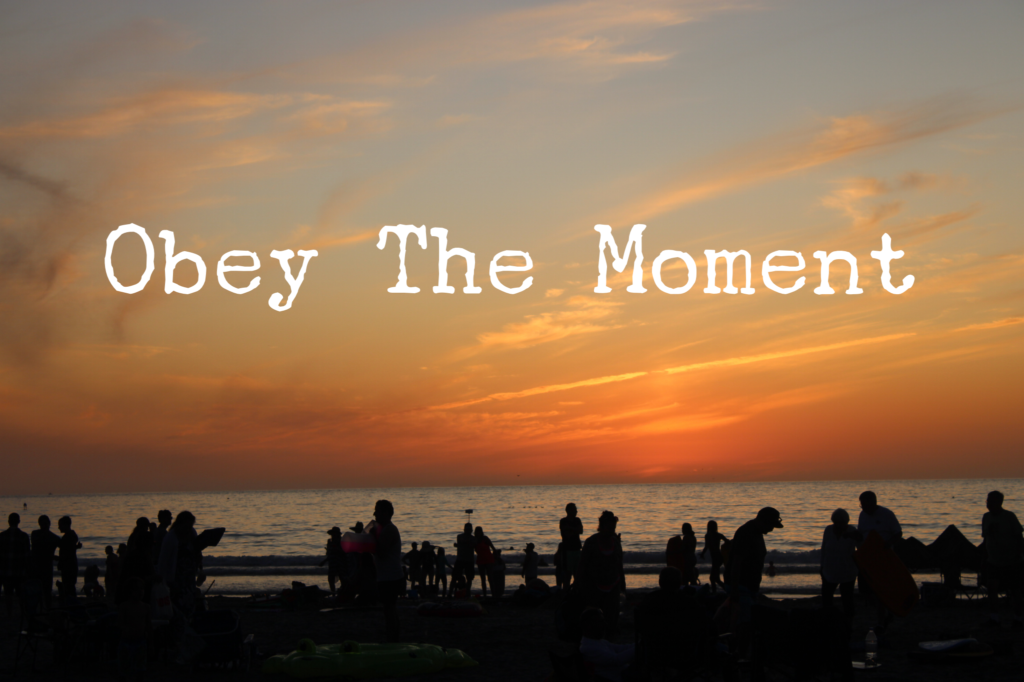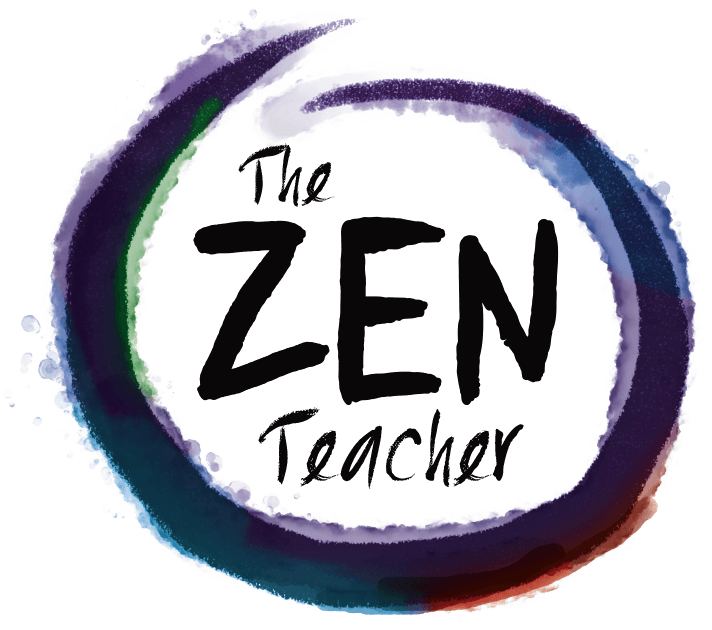
While recently wondering how I could simplify the idea of Mindfulness for a workshop I was doing for teens, I started ruminating on the root of the word: Mind.
My first thought was that being present begins in your mind. Our mind is where we worry about the past and fret about the future. This is, typically, what creates our stress—namely, obsessing over things that we can’t change. But the mind is also where we make the choice to be present in the moment.
Then I started thinking about some old-fashioned usages for the word. For example, back in the day, people used to say “Mind your manners” and parents used to insist that their children “mind” them. In both cases, I think we can agree, the use of the word “mind” meant “pay attention.” Society asks you to pay attention to your manners and parents want their children to pay attention to them. This certainly has a connection to the idea of Mindfulness, whose main goal is for us to “pay attention.”
But if we go deeper, it occurred to me, when parents tell their children that they’d better “mind what I say,” another word that comes to mind (see what I did there?) is “obey.” A child who “minds” his or her parents is obeying what they say.
So what does it mean “to obey”?
It means:
To acquiesce.
To listen.
To follow a command.
To recognize the ethos of a higher power or authority.
To comply with.
To submit.
And it got me thinking: What if we tried to connect that idea to the practice of Mindfulness?
What if we “obeyed” the moment?
What if we gave up trying to be the one in control all the time?
What if we acquiesced or “gave in” to the power of what was right in front of us instead of trying live in the past or the future?
What if we recognized the ethos and power of the present moment?
What if we complied with the natural order of things and the rhythm of The Universe that keeps the time and rhythm of our days and nights?
What if we listened—deeply, thoroughly, vulnerably—to whatever was happening in our individual worlds. . .RIGHT NOW. . .instead of focusing on the things we can’t change because they happened in the past or have yet to happen in the future?
What if our Mindfulness practice included “minding” this second?
And then THIS second?
And then THIS second?
Where would it take us?
How would we feel?
In what ways would our days, our years, our lives be more meaningful and powerful?
I’ll be the first to say that the idea of giving in and giving up control (or, more accurately, the illusion of control) is terrifying.
We are afraid of what will happen.
Or what won’t happen.
But as my mindfulness practice progresses, I’ve grown to be more scared of what happens if I don’t give in.
The funny thing is: when you used to “mind” your parents, it was because you knew intuitively that they knew better, that they had knowledge and information you didn’t have. You also knew that if you didn’t obey them, there would most likely be consequences. And those were never fun.
I’m learning that the same thing is true with the practice of Mindfulness.
It’s certainly a path, a journey. . .
Sometimes I stumble and sometimes I just flat out ignore the signs.
But deep down, where it matters, I’m learning to obey the moment. TZT

Loved your take on different meanings of “Mind”. Deep and really got me thinking! Great stuff!